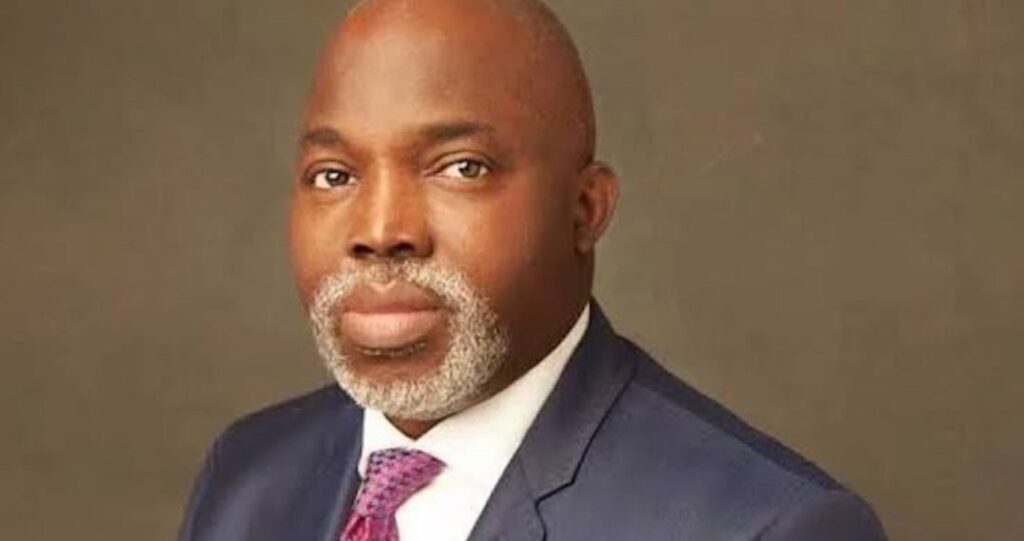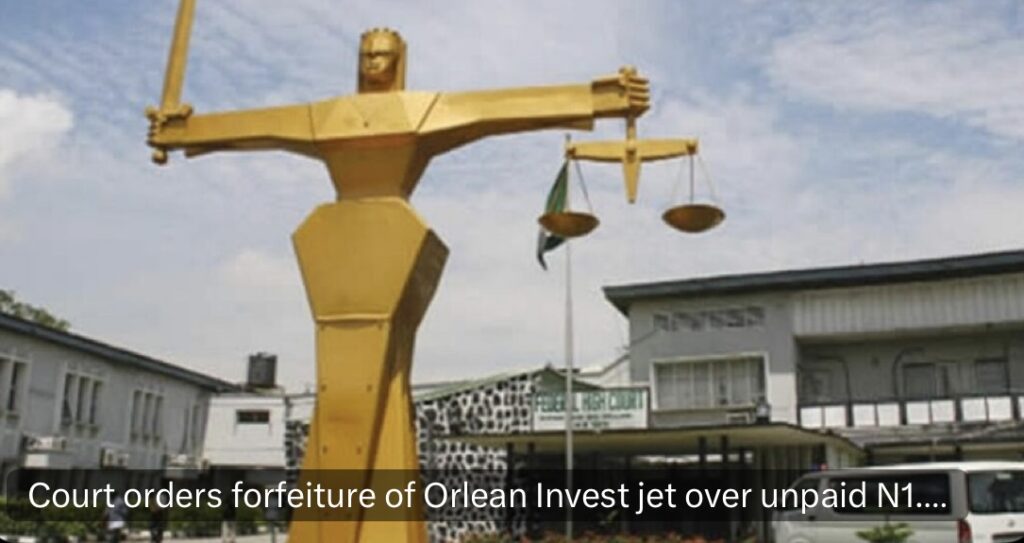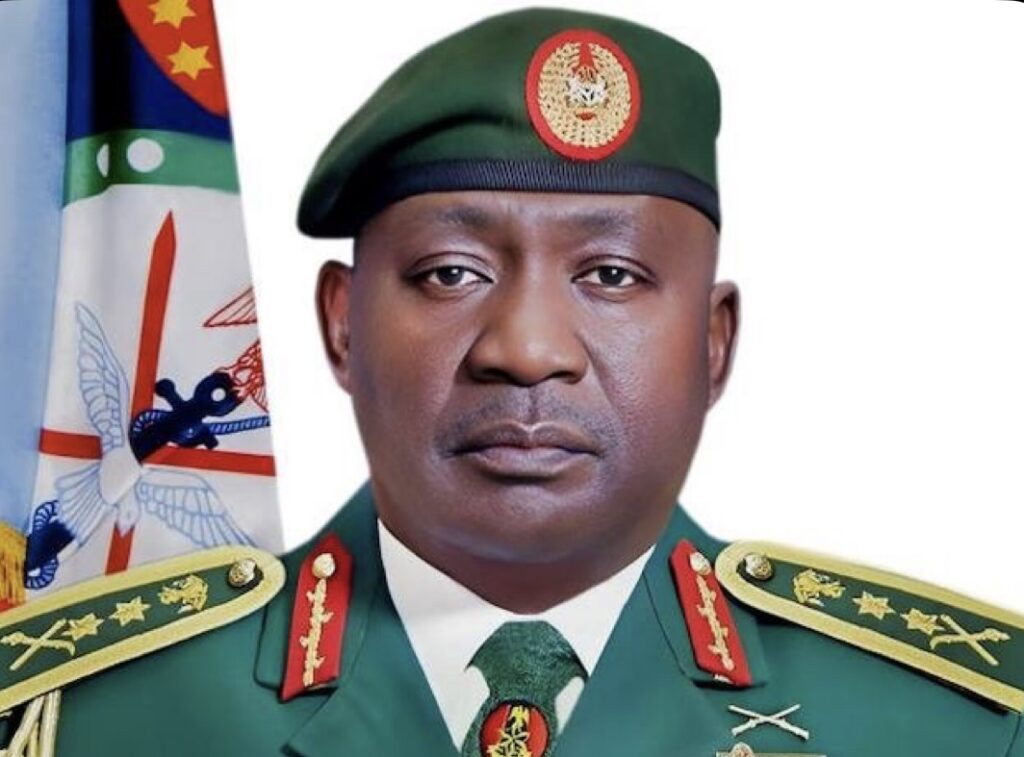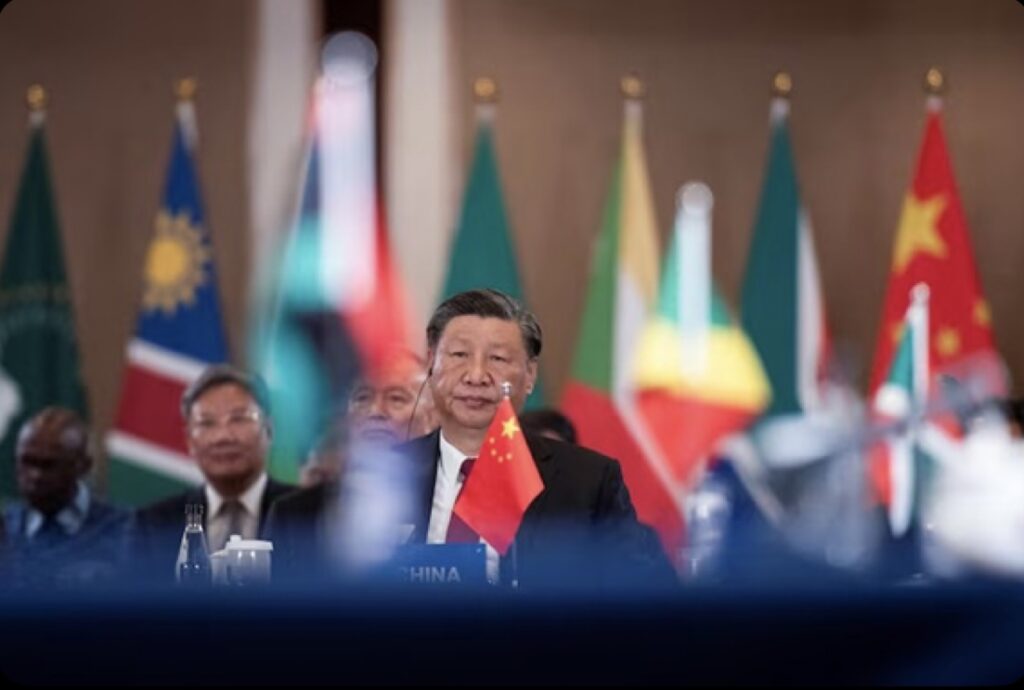The Troubling Era of Obasanjo’s Presidency: Important Lessons for Gen Z
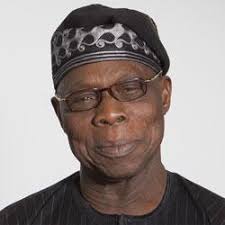
Under Olusegun Obasanjo’s leadership from 1999 to 2007, Nigeria endured a grim period marked by political killings, rampant corruption, and breaches of democracy that have left deep scars in the nation’s history. This time was characterized by the alarming freedom with which hired assassins operated, while political violence became commonplace. Many individuals labeled as “democrats” during this regime were, in reality, ruthless political opportunists, contributing to a culture of violence and betrayal.
The Wave of Assassinations
Obasanjo’s time in office was overshadowed by numerous high-profile murders believed to have politically motivated motives. Despite their significance, these crimes were seldom met with justice.
1. Bola Ige (December 23, 2001)
The Attorney General and Minister of Justice was murdered in his home in Ibadan. His death sparked a major political scandal, but ultimately, no one faced consequences—illustrating the regime’s disregard for law and order.
2. Harry Marshall (March 5, 2003)
A notable opposition leader and former vice-chairman of the All Nigeria Peoples Party (ANPP), Marshall was shot in Abuja. His assassination heightened concerns about the normalization of political violence.
3. Aminasoari Dikibo (February 6, 2004)
The National Vice Chairman of the People’s Democratic Party (PDP) was attacked and killed while heading to a party meeting. This incident further underscored the government’s failure to safeguard its citizens.
4. Funsho Williams (July 27, 2006)
A gubernatorial candidate for Lagos State from the PDP, Williams was discovered dead in his home. His murder was widely viewed as politically charged, yet it went unresolved—another victim of Obasanjo’s tumultuous tenure.
In addition to these notable cases, many lesser-known individuals fell prey to political violence, fostering a climate of fear.
Obasanjo’s Hypocrisy and Democratic Violations
While professing to uphold democracy, Obasanjo’s regime blatantly undermined it. Instances included House assembly meetings held in a hotel to impeach a governor and the kidnapping of a state governor who was coerced into signing a resignation note. He orchestrated the impeachment of five governors in one year and declared two states of emergency, effectively halting democratic governance:
– **Plateau State (2006):** Following ethnic-religious unrest, Obasanjo enacted emergency rule, suspending Governor Joshua Dariye and the state assembly.
– **Bayelsa State (2005):** Diepreye Alamieyeseigha, the state’s first civilian governor post-democracy, faced impeachment due to allegations of corruption, which Obasanjo initiated.
– **Ekiti State (2006):** Amid a political crisis involving Governor Ayo Fayose, Obasanjo declared a state of emergency, leading to Fayose’s removal and eventual impeachment over accusations of misappropriation of funds.
– **Oyo State (2006):** Rashidi Ladoja’s governorship was cut short by lawmakers who impeached him in January 2006.
– **Anambra (2006):** Peter Obi was impeached after six months in office, allegedly for his refusal to inflate the state’s budget. He contested this successfully in court, and was reinstated in February 2007.
Throughout his presidency, Obasanjo engaged in various manipulative tactics, often bribing senators to support his agenda, which many interpreted as an egregious abuse of power that set a concerning precedent for democracy.
Betrayal and Hypocrisy: Obasanjo vs. Atiku
Obasanjo’s fraught relationship with Vice President Atiku Abubakar marked his presidency. In his memoir *My Watch*, Obasanjo accused Atiku of corruption and hindering anti-corruption initiatives. Ironically, Atiku later sought to mend relations with Obasanjo, disappointing many who saw this move as hypocritical. Obasanjo was often perceived as self-serving, focused more on his interests than on the nation’s needs.
The Oyo State Tragedy: A Democracy Undermined
For many in Oyo State, Obasanjo’s name evokes painful memories. His regime cultivated a culture of political violence that undermined democratic principles, epitomized by the unlawful ousting of Governor Rashidi Ladoja. A political thug, Eleweomo, forcibly took control of the Oyo State House of Assembly, orchestrating Ladoja’s impeachment in a sham process supported by Obasanjo’s administration. This incident remains a dark mark on Oyo’s democratic journey, with many residents blaming Obasanjo for compromising their democratic rights.
The Atrocities Committed
Obasanjo’s presidency is a painful chapter in Nigeria’s narrative—a period marked by violence, betrayal, and unfulfilled promises. While he may still profess to offer political insights today, those who lived through his presidency understand the reality of his legacy. Engaging with him politically is viewed as a sign of naivety.
As the saying goes, the evil that men do lives on. For Obasanjo, the specters of his regime’s victims and the subversion of demo
cratic values will forever linger in his legacy.


